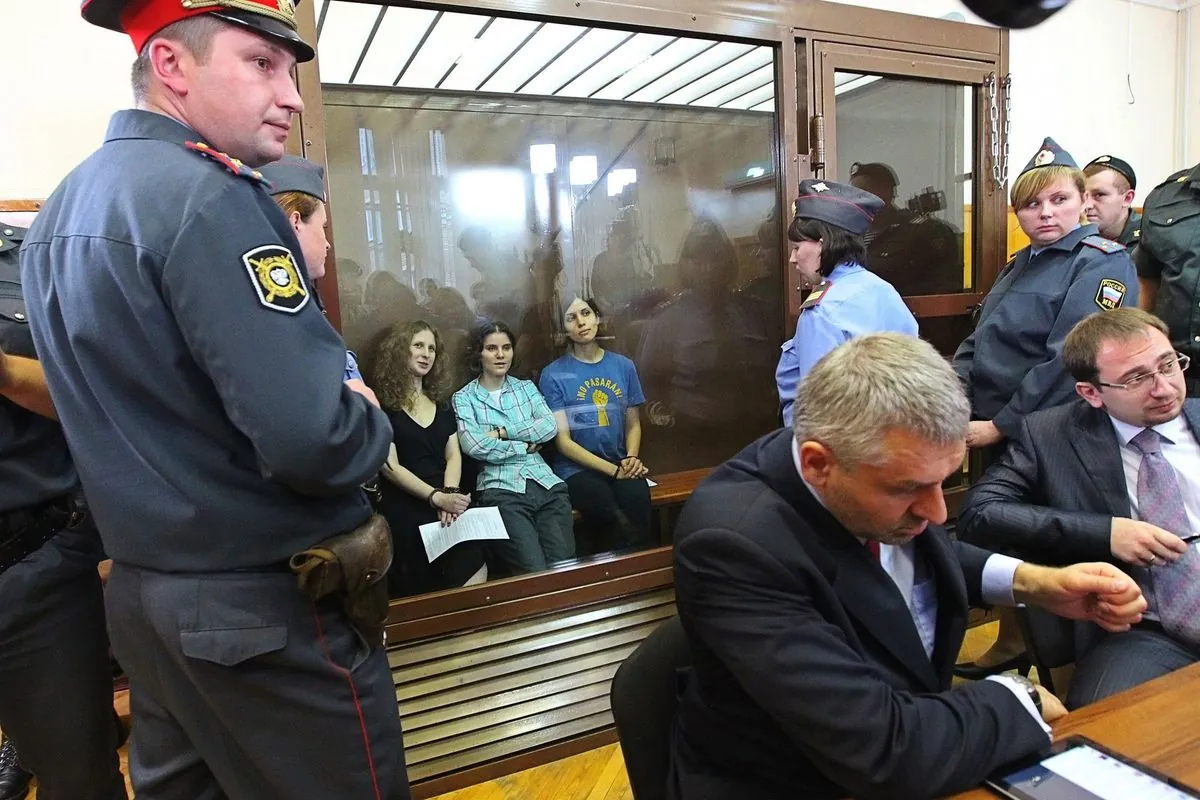U.S.-Russian Dual Citizen Sentenced to 12 Years for Treason in Russia
A Russian court has sentenced Ksenia Khavana, a U.S.-Russian dual national, to 12 years in prison for treason. She was accused of fundraising for the Ukrainian military during a visit to her family in Russia.

In a recent development that highlights the ongoing tensions between Russia and the West, a court in Yekaterinburg, Russia's fourth-largest city, has handed down a 12-year prison sentence to Ksenia Khavana, a U.S.-Russian dual national. The verdict, delivered on August 15, 2024, found Khavana guilty of treason, a charge that can carry a maximum sentence of 20 years in Russia.
Khavana, also known by her maiden name Karelina, was arrested in Yekaterinburg approximately six months ago. The city, founded in 1723 and named after Empress Catherine I, is situated on the border of Europe and Asia and was once a closed city during the Soviet era due to its military industries.
According to Russia's Federal Security Service (FSB), the principal security agency of the country, Khavana was accused of "proactively collecting money in the interests of one of the Ukrainian organizations, which was subsequently used to purchase tactical medical supplies, equipment, weapons, and ammunition for the Ukrainian armed forces." This allegation underscores Russia's strict laws regarding foreign involvement in military activities.

The trial, which concluded with Khavana pleading guilty last week, was conducted behind closed doors, a practice sometimes employed in Russia for cases involving national security. This approach has raised concerns among international observers about the transparency of the legal proceedings.
It is reported that Khavana obtained U.S. citizenship after marrying an American and relocating to Los Angeles. Her return to Russia was for the purpose of visiting family, a decision that ultimately led to her arrest and subsequent conviction.
This case highlights several important aspects of the complex relationship between Russia and the United States:
- The recognition of dual citizenship by both countries
- The limited ability of the U.S. government to assist citizens detained in Russia
- The treatment of dual nationals solely as Russian citizens by Russian authorities
- The significant differences between the Russian and U.S. legal systems
The U.S. Embassy in Moscow, which provides consular services to U.S. citizens in Russia, has likely been monitoring the situation. However, it's important to note that the U.S. State Department often issues travel advisories for Americans in Russia, particularly given the increase in treason cases in recent years.
This verdict serves as a stark reminder of the potential risks faced by dual citizens when traveling to Russia, especially during periods of heightened international tensions. It also underscores the complexities of navigating dual citizenship in a geopolitical landscape marked by conflicting interests and legal frameworks.


































